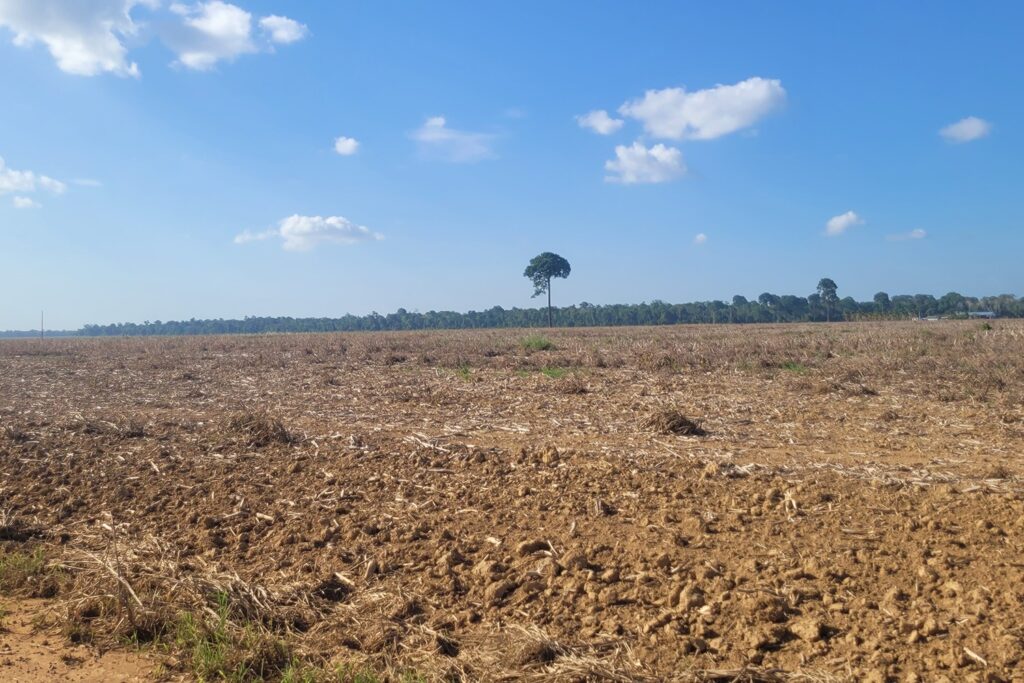Un estudio evalúa el enfoque de la UE sobre el comercio agrícola sostenible con el Sur Global

In efforts to enhance sustainability in agricultural trade, the European Union (EU) is scrutinizing its commercial relationships with countries in the Global South. The focus is on the environmental impacts of importing essential crops like soy, palm oil, coffee, and cocoa. According to recent studies conducted by the Helmholtz Centre for Environmental Research (UFZ) and the University of Rostock, current strategies have fallen short of achieving desired sustainability goals. These findings, published in One Earth, suggest a need for a more precise analysis of trade dynamics to improve sustainability in agricultural imports.
The researchers propose a novel methodology to assess the sustainability of traded agricultural goods, concentrating on the ‘relevance’ and ‘leverage’ of imports. Relevance refers to the proportion of a particular agricultural product from a country in the total EU imports, while leverage measures the significance of these imports for the exporting country’s economy and environment. This approach highlights the impact of EU trade on deforestation, with soy, palm oil, cocoa, and coffee representing over 80% of the land cleared for EU-bound agricultural production.
No se lo pierda. Suscríbase a nuestro boletín para recibir los últimos contenidos directamente en su bandeja de entrada, o regístrese en GRATIS para obtener acceso completo.
This analysis uncovers significant environmental and economic effects in major exporting regions. In the MERCOSUR countries (Argentina, Brazil, Paraguay, and Uruguay), for instance, trade with the EU in soybeans alone comprises substantial portions of trade value and land use. Similarly, nations like Malaysia, Indonesia, and Papua New Guinea are crucial for palm oil, whereas several countries in Africa, Latin America, and Vietnam are pivotal for cocoa and coffee production.
The study further identifies opportunities for the EU to leverage its market power to foster sustainable practices, particularly in nations where it has substantial import relevance. This includes smaller sugar-producing countries like Mauritius, Fiji, Barbados, and the Bahamas, where EU imports occupy a large segment of agricultural land. The leverage is also notable in Eastern European and Central Asian countries, which export significant quantities of grain to the EU.
The authors argue for the development of new agricultural standards and regulations in collaboration with trading partners, aiming to benefit both the exporting and importing countries. The upcoming EU supply chain law, which seeks to enhance transparency in production conditions, including deforestation and land use history, is seen as a key component in these efforts.
Despite these initiatives, the EU faces challenges in influencing global sustainability, as demonstrated by past experiences with palm oil regulation. Changes in EU policy led to reduced market shares as other nations, like India and China, filled the void left by the EU. This shift indicates a decrease in the EU’s ability to shape sustainable practices globally, underscoring the complex nature of international trade and environmental policy.
Read the original study aquí.
(image: Yves Zinngrebe / UFZ)


Respuestas